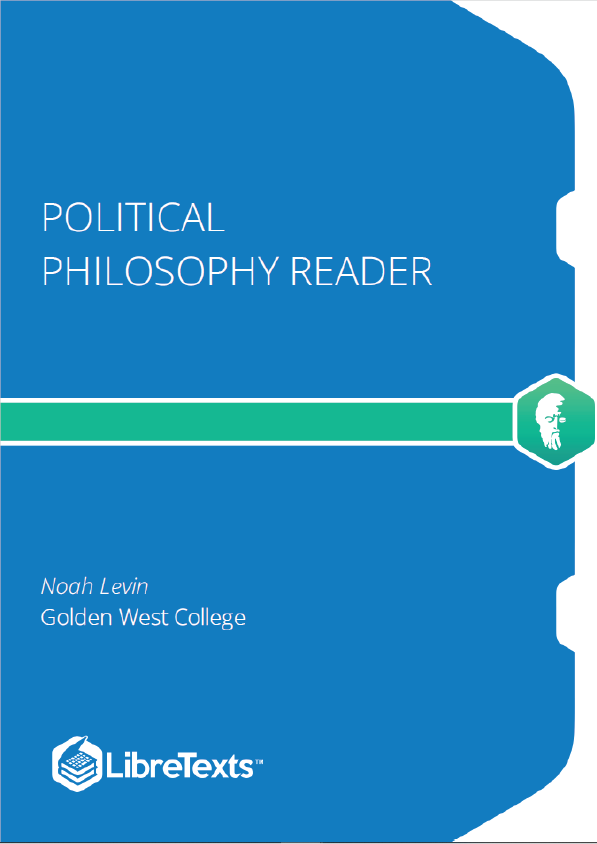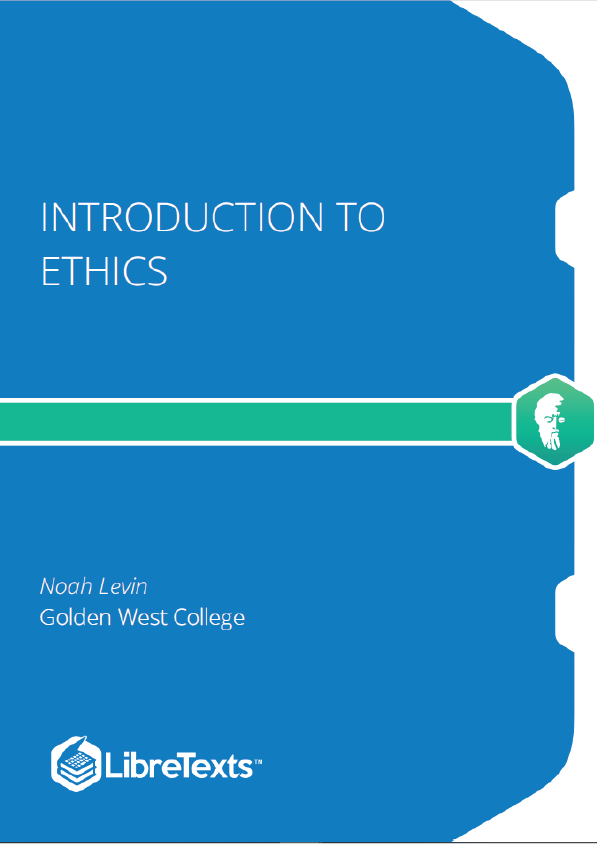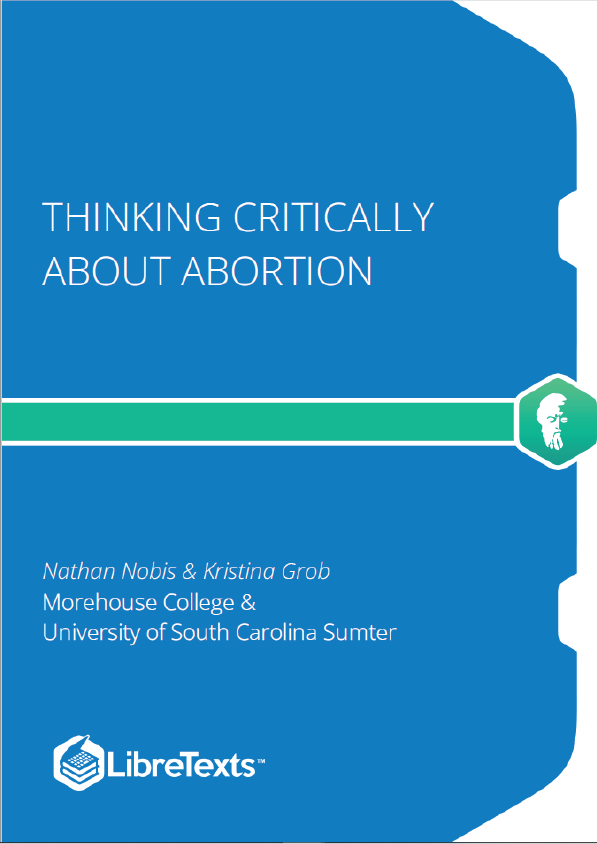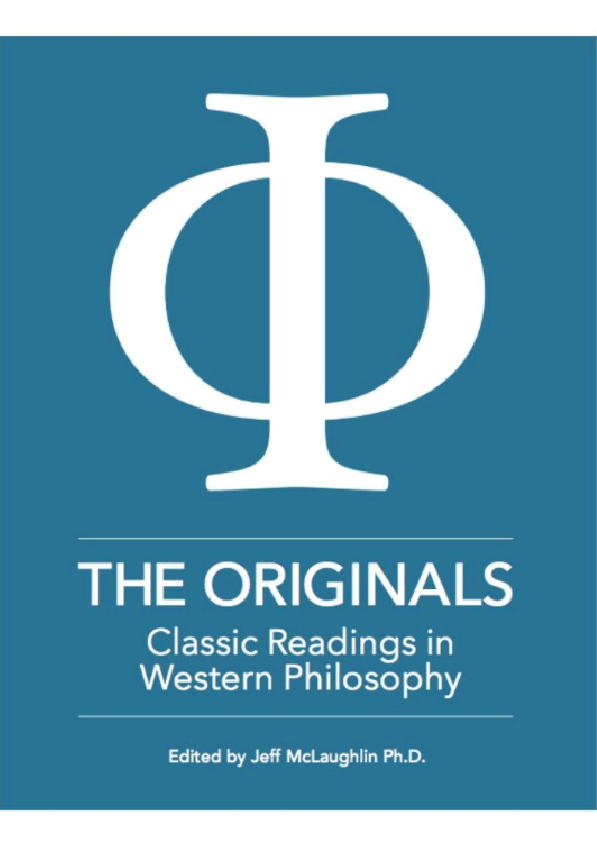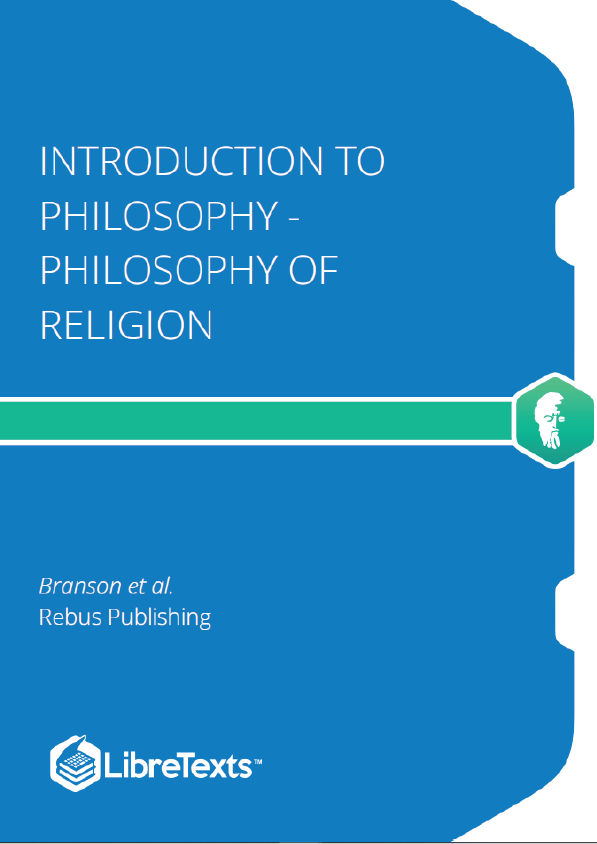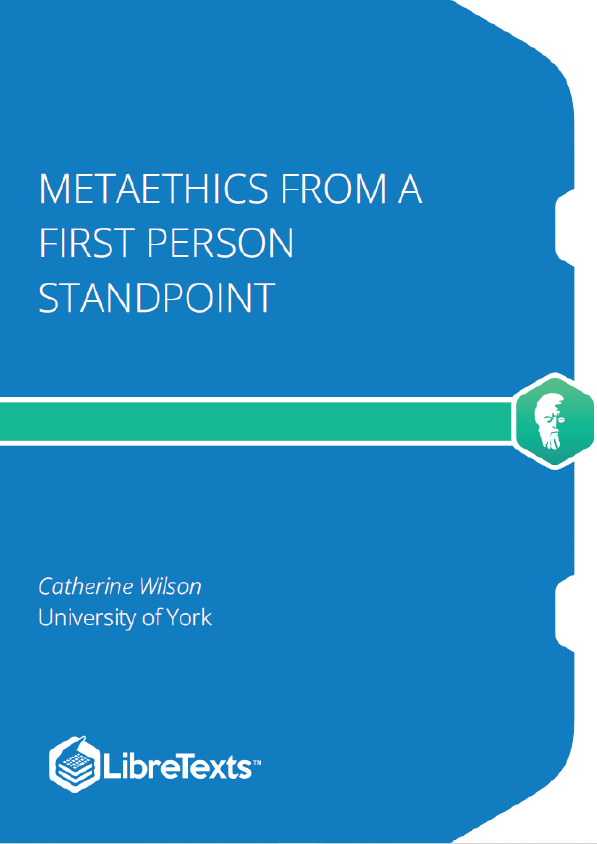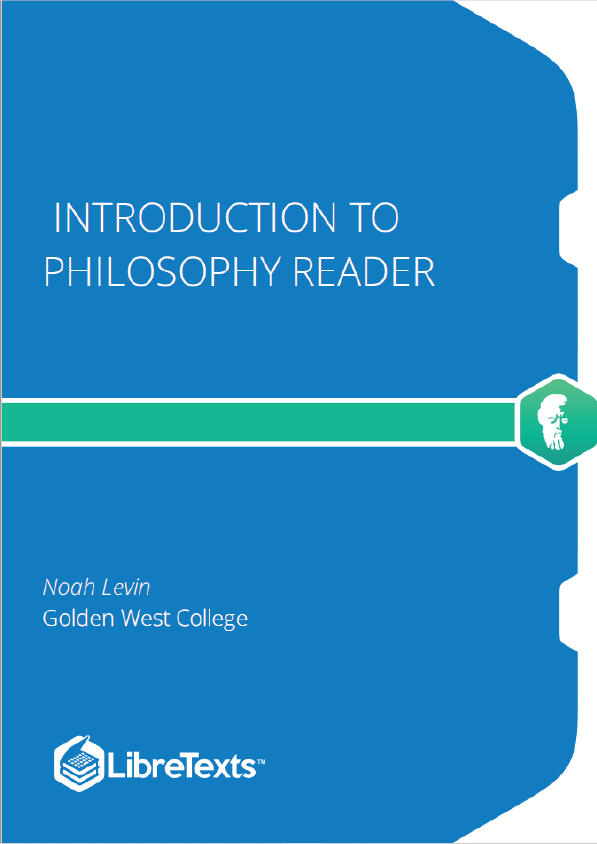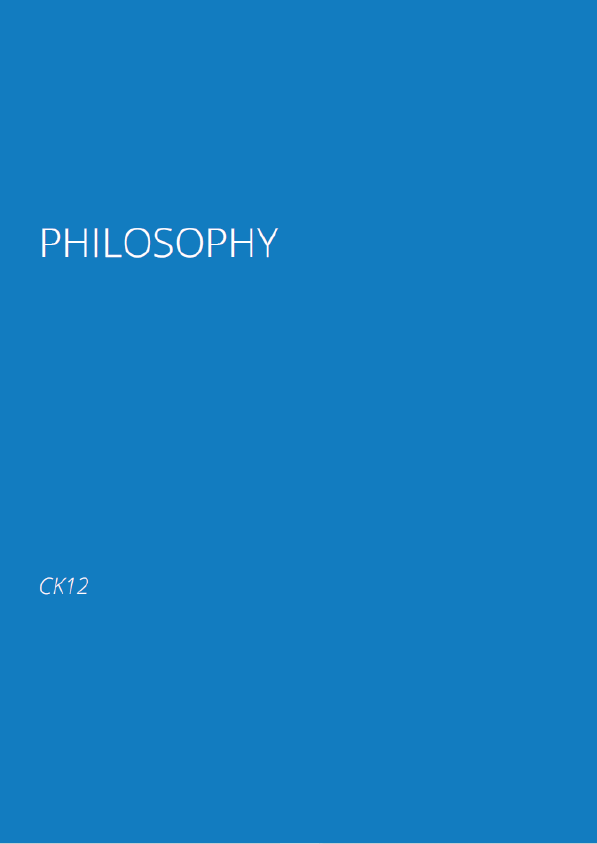In terms of a political entity, a state is any politically organized community living under a single system of government. States may or may not be sovereign. For instance, federated states are members of a federal union, and may have only partial sovereignty, but are, nonetheless, states. Some states are subject to external sovereignty or hegemony, in which ultimate sovereignty lies in another state. States that are sovereign are known as sovereign states.
The term “state” can also refer to the secular branches of government within a state, often as a manner of contrasting them with churches and civilian institutions.
Speakers of American English often use the terms state and government as synonyms, with both words referring to an organized political group that exercises authority over a particular territory.
Many human societies have been governed by states for millennia, but many have been stateless societies. Over time a variety of different forms developed, employing a variety of justifications of legitimacy for their existence (such as the divine right of kings, the theory of social contract, etc.). In the 21st century, the modern nation-state is the predominant form of state to which people are subjected.
There is no academic consensus on the most appropriate definition of the state. The term “state” refers to a set of different, but interrelated and often overlapping, theories about a certain range of political phenomena. The act of defining the term can be seen as part of an ideological conflict, because different definitions lead to different theories of state function, and as a result validate different political strategies. According to Jeffrey and Painter, “if we define the ‘essence’ of the state in one place or era, we are liable to find that in another time or space something which is also understood to be a state has different ‘essential’ characteristics”.
The most commonly used definition is Max Weber’s, which describes the state as a compulsory political organization with a centralized government that maintains a monopoly of the legitimate use of force within a certain territory. General categories of state institutions include administrative bureaucracies, legal systems, and military or religious organizations.
Another commonly accepted definition of the state is the one given at the Montevideo Convention on Rights and Duties of States in 1933. It defined state as a space that possess the following : A permanent population, a defined territory and a government that is capable of maintaining effective control over the corresponding territory and of conducting International relations with other states. According to the Oxford English Dictionary, a state is “a. an organized political community under one government; a commonwealth; a nation. b. such a community forming part of a federal republic, esp the United States of America”.
Confounding the definition problem is that “state” and “government” are often used as synonyms in common conversation and even some academic discourse. According to this definition schema, the states are nonphysical persons of international law, governments are organizations of people. The relationship between a government and its state is one of representation and authorized agency.
